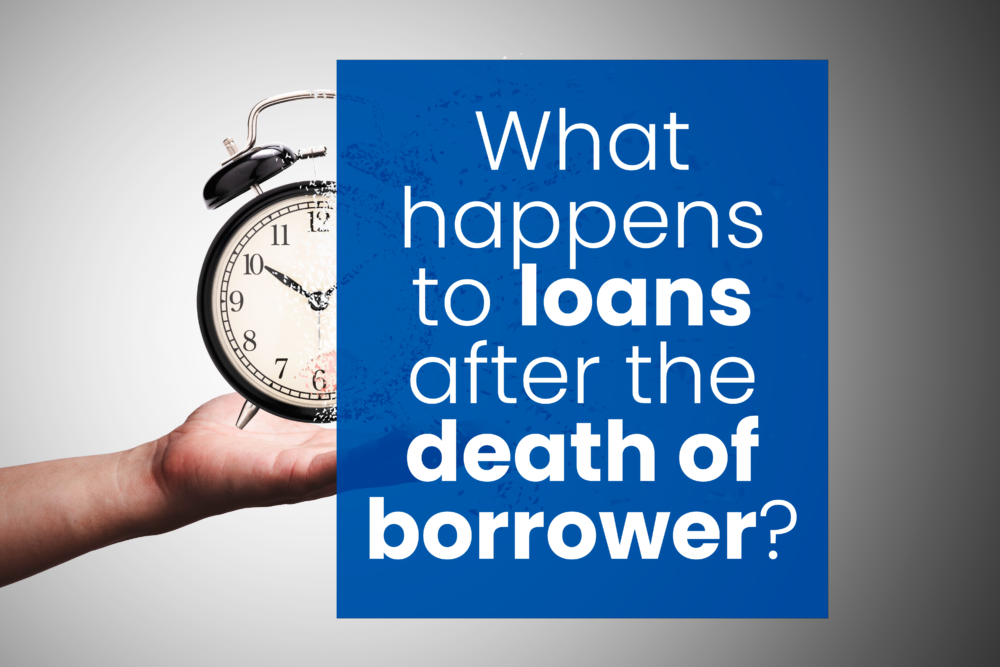When a borrower passes away, what happens to their outstanding loans?

Many families whose primary breadwinners have died are concerned about their outstanding loans and credit card bills. The last thing they would want to do is deal with collection agents. The most important consideration is whether or not all sorts of loans must be repaid. The procedures used by financial organizations to collect delinquent debts vary depending on the type of loan. In some circumstances, such as with a mortgage loan, the law supports lenders’ efforts to recover.
Under what circumstances does the bank have the authority to reclaim funds from the borrower’s heirs? Let’s determine the responses to these questions.
Home loan
If a person obtains a shared mortgage and the original applicant dies, the remaining co-applicant will be completely responsible for the loan’s repayment. If the second applicant is similarly unable to repay the loan, the bank may employ the debt recovery processes specified by the SARFAESI Act, the Debt Recovery Tribunal, or the Civil Court.
The bank can recover its loan by seizing possession of the asset and selling it. However, banks give family members a few days to obtain the necessary funds to repay the loan.
Auto loan
In the event of the borrower’s death, the loan must be repaid by the borrower’s family. If the family is unable to repay the loan, the bank seizes and auctions off the car to recuperate its investment.
Personal loan/ Credit card
If an individual dies without repaying a personal loan or credit card balance, the bank is unable to collect from his family or legal heirs. In these instances, the property is also not confiscated. These loan accounts are deemed delinquent.






